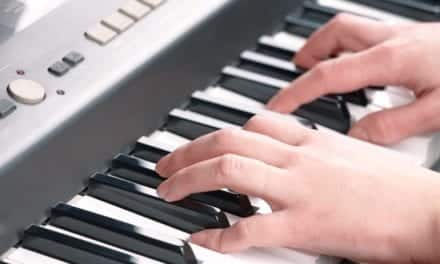Researchers suggest in a new study that rats modeled with stroke demonstrated improved neurological and motor functions after being implanted with a certain type of stem cells.
The particular type of stem cell, a newly discovered one called a Muse (multilineage-differentiating stress-enduring) cell, resides in a variety of tissues, including bone marrow, skin, and fat; can be derived from dermal fibroblasts; and do not cause tumors, according to a media release from Tohoku University Graduate School of Medicine.
According to the release, a team of American and Japanese researchers, in their new study, found that after transplanting this type of stem cell into rats modeled with stroke, the neuronal regeneration resulted in significant improvements in neurological and motor functions, compared to control groups of rats that were not transplanted with the Muse cells.
The study, which appeared in a recent issue of Stem Cells, may have implications for future clinical studies aimed at regenerating neurological and motor function in patients who experience ischemic stroke, per the release.
“Unlike mesenchymal stem cells (MSCs) that have previously been used in stem cell transplantation in stroke-related clinical trials, in the present study Muse cells were found to possess functional characteristics of neurons as they attain the attributes of the host microenvironment,” says Cesar V. Borlongan, MA, PhD, Distinguished Professor and Vice-Chairman for Research at the University of South Florida (USF) College of Medicine Department of Neurosurgery and Brain Repair and Director of USF’s the Center of Excellence for Aging and Brain Repair, and lead author of the study, in the release.
“When Muse cells were transplanted into to the brains of rats modeled with stroke, they attained neuronal characteristics,” he adds.
“Ours is the first study to show that human skin fibroblast-derived Muse cells can have neuron-like function, possess an inherent ability to assume ‘stemness’ properties, and to readily differentiate into neural-lineage cells after integration into the stroke brain,” said co-lead author Mari Dezawa, MD, PhD, Department of Stem Cell Biology and Histology, Tohoku University Graduate School of Medicine in Sendai, Japan, in the release.
“Our results show that Muse cells are a feasible and promising source for cell-based approaches to ischemic stroke therapy,” Dezawa continues.
[Source(s): Tohoku University Graduate School of Medicine, Science Daily]





